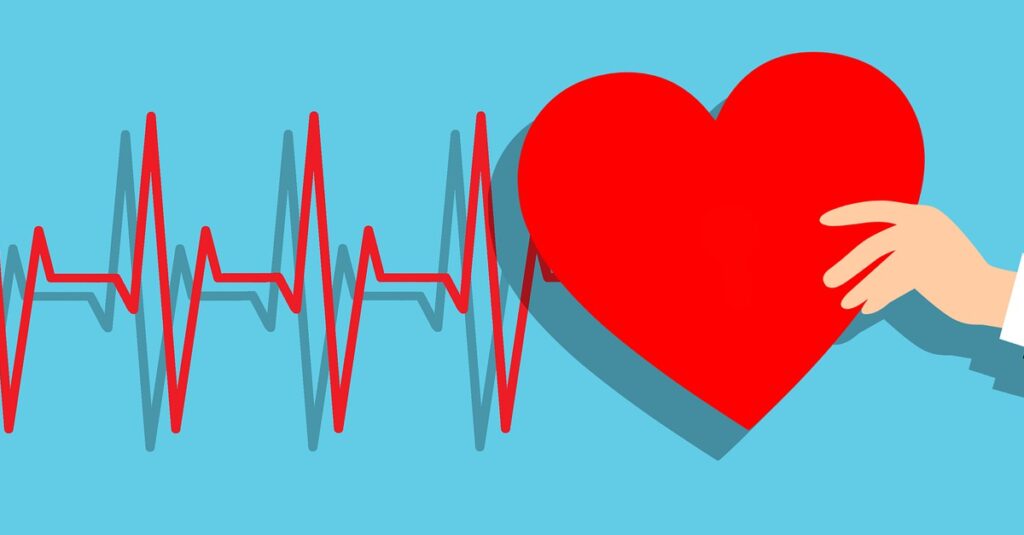

Freediving is good exercise for building overall fitness, boosting lung function, and burning plenty of calories. It makes your body use oxygen more efficiently and can also improve your focus, concentration and mental resilience. It’s not an obvious form of cardio exercise. If you’re specifically seeking to increase cardiovascular exercise levels, you might try walking, running or circuit training before freediving.
Freediving is good exercise and a demanding sport involving both aerobic and anaerobic activity. But it is not typical cardiovascular exercise (cardio). During freediving the heart rate slows, breath is held, and blood flow is reduced in the peripheral body. Cardio activity increases heart rate, respiration and blood flow throughout the body.
The True Story Book of Freediving Champion Audrey Mestre and the Story of Her Death
View on Amazon: The Last Attempt (Opens new tab)


Top rated read
Freediving can increase lung function and capacity while enhancing overall physical and mental fitness. While there are many benefits to freediving, being good for cardio is not high on the list. Our article tells you more about freediving and cardio.
Is freediving good exercise?
Freediving is a physically taxing form of exercise which requires proper training and regular practice to perform at higher levels. It places great demands on heart and lungs, arm and leg muscles, and metabolic efficiency. Meeting these demands requires cardiovascular fitness, physical strength and excellent lung function and capacity, along with flexibility, mental resilience and focus.
Unlike cardio activity (e.g. running, cycling, walking), freediving is characterized by:
- bradycardia (a slowing down of heart rate),
- extended apnea (breath-holding, reduced respiration rate),
- peripheral vasoconstriction (reduction in blood flow to legs and arms),
- reduced oxygen levels in peripheral areas in line with blood flow reduction.
This is a distinct contrast to cardio activity which is normally understood as vigorous exercise which increases heart and respiration rates and blood volume, with this increase then boosting oxygen level and blood flow throughout the body.
Cardio activities can be useful as part of a wider freediving training program for building physical fitness and cardiovascular strength. Freediving itself would not be described as a typical cardio activity, even through it is a good form of exercise.
What does freediving do to your body?
Freediving exposes your body to massive pressures even when you’re only practicing at depths of a few meters.
The greater density of water compared to air means that the pressure on our bodies at 10 meters underwater is double the pressure on land at sea level. For every additional 10m depth, pressure increases by 1 bar (the equivalent of one additional sea level atmosphere). We will therefore experience three times our normal atmospheric pressure (3 bar) at 20m and four times this amount (4 bar) at 30m.
Pressure and gas volume are inversely proportional, so that airspaces inside the human body (e.g. ears, sinuses, lungs) are compressed in volume as we dive. A descent of 10 meters reduces internal airspace volume by 50%. Pressure and crushing of our internal airspaces has direct and indirect physical effects. For example, it reduces physical buoyancy so that we must work harder to return to the surface.
Heart rate slows down during a freedive as the body moves to conserve oxygen. Trained freedivers may see their heart rate fall by up to 50%. Peripheral vasoconstriction sees blood flow to arms and legs reduced, making these muscles work anaerobically and diverting blood (and oxygen) to the brain and vital organs.
Freedivers can face serious health risks from exposure to this dangerously high pressure underwater environment. Training and practice are required to prepare for the rigors of hydrostatic pressure, hypoxia (low blood oxygen levels) and hypercapnia (high blood carbon dioxide levels).
Still, with proper training, the physical benefits from freediving may outweigh risks. Elite athletes who took up freediving breath training apparently boosted their lung function by 10%.
What muscles does freediving work?
Freediving works muscles throughout the whole body, including the heart as well as the arm and leg muscles which must propel and guide the body through the water in descent or ascent. It is both an aerobic and anaerobic activity, becoming more anaerobic as a dive progresses, especially in peripheral body areas.
We’ve written an entire article on which muscle freediving works (opens new tab) if you want to learn more.
How many calories do you burn free diving?
You can burn a surprisingly high number of calories while freediving with online estimates in diving forums ranging from 400-1200 per hour depending on conditions, temperatures, length and depth of dive etc…
Although heart rate is low and movements slow while freediving, the body is still burning considerable amounts of energy both to fuel anaerobic muscle activity, and to keep your core temperature stable while in the water. (Even warmer stretches of open water will be significantly lower than body temperature.)
References
https://www.freedivewire.com/cardio-freediving-spearfishing/
https://www.deeperblue.com/the-science-behind-the-freediving-breath-hold/
